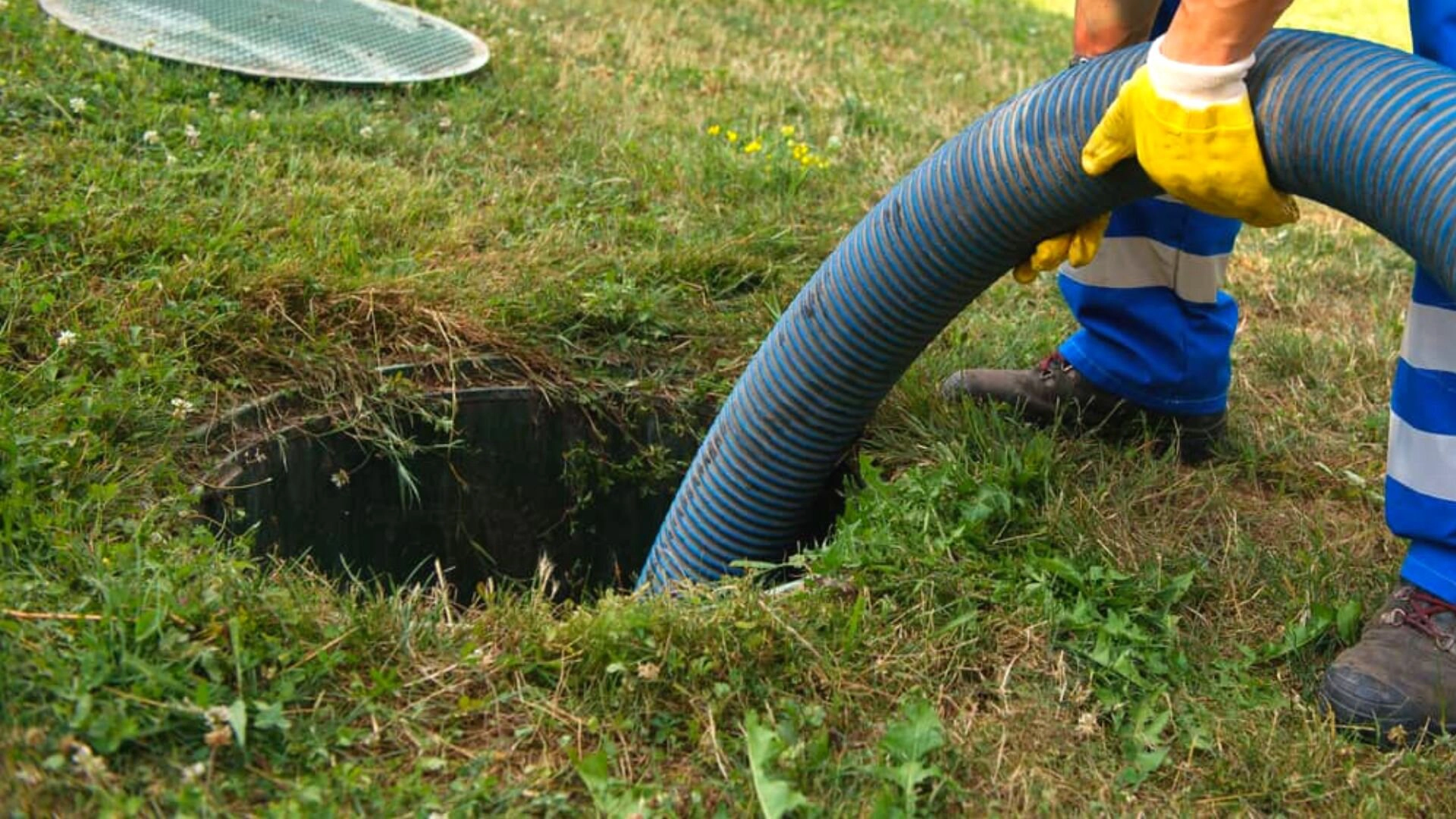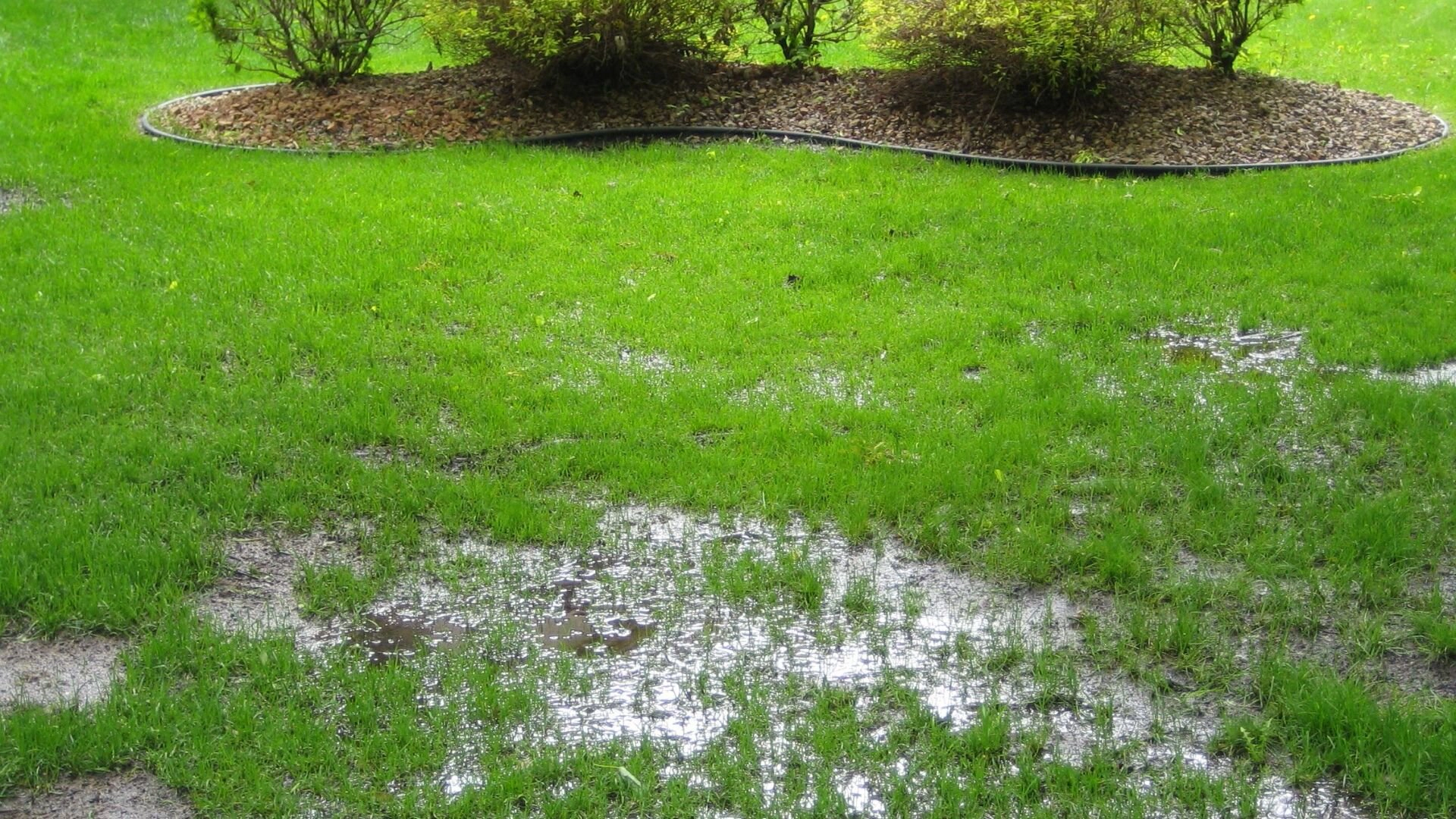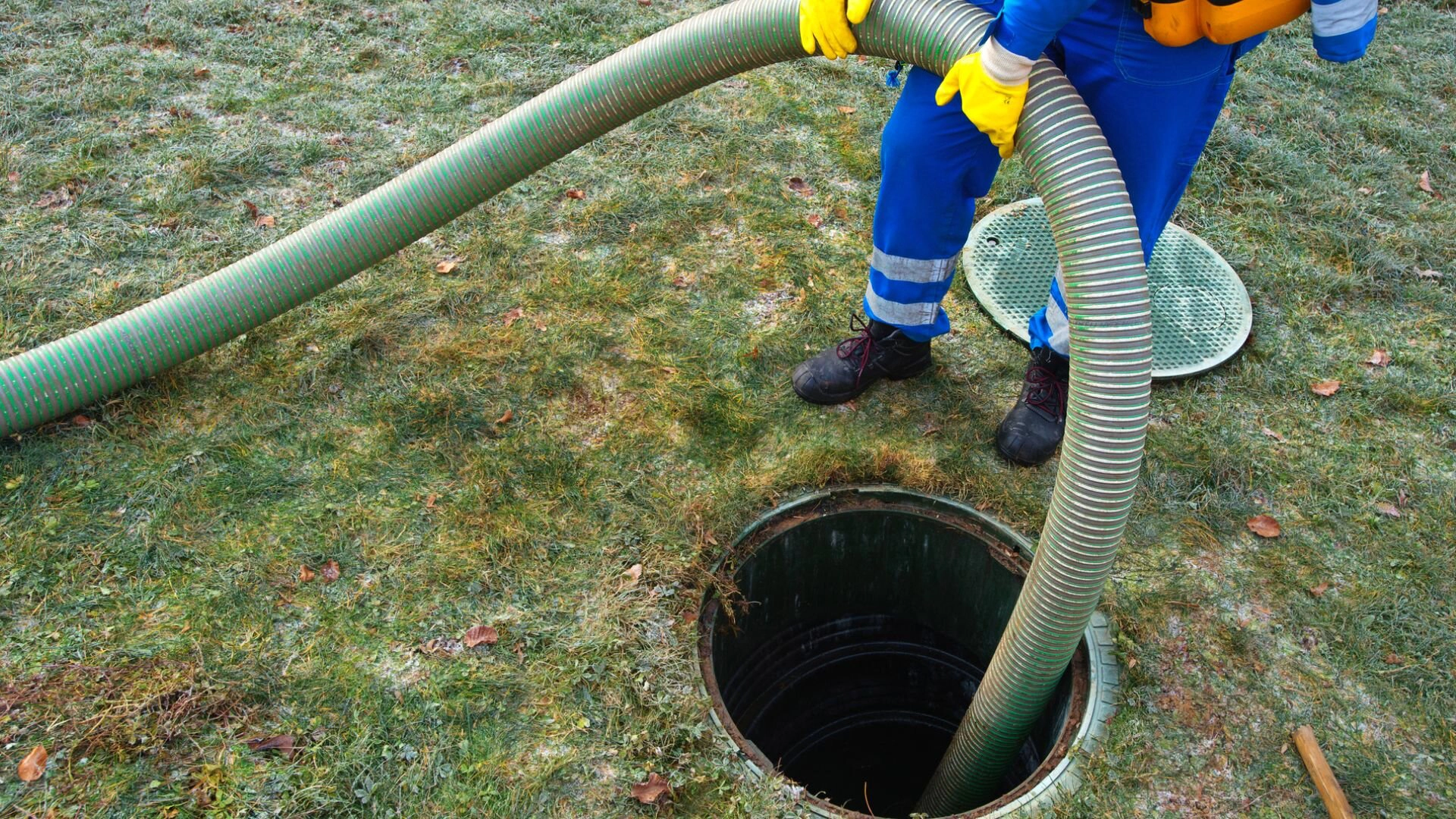Let’s start with a question– how often do you pump your septic systems to remove sludge and eliminate foul smells?
We are guessing not that often because such underground chambers are the most under-maintained system of any home. More often than not, homeowners only pump out their septic system every 3-5 years to remove sludge from the bottom.
But even the slightest negligence can cause a lot of damage to the foundations of your property, leading to costly repairs. You need to understand how your septic tank system functions . When pumped out regularly, they work properly and last a long time.
Like many homeowners, are you confused about whether you should pump out the septic system immediately or wait a little longer? You’re at the right place, for we’ve discussed 5 tell-tale signs that every homeowner must look for to identify whether their septic tank is full or not.
5 Signs Your Septic Tank Is Full

1. Slow Drainage Of Water
Are the toilets, baths and showers draining water slower than expected? Then we suggest checking your septic system because slow drainage is a strong indication that the tank is full and requires pumping.
At times, water backs up because of clogs in the drainage system. Check out the signs your sewer drain is blocked . But if no foreign objects or solid waste have entered the drain and you’ve plunged the toilet and kitchen sinks numerous times, and slow drains still happen, call for professionals to inspect the septic system.
2. More Green Grasses Around The Septic Tank
If the grass around the septic tank is greener than the rest of the lawn, if there are no leaks from your pipes underground , your septic tank might be overflowing or leaking. Or perhaps, your septic tank isn’t digesting waste properly, which is a severe issue. Green grass can be an indicator of a failing drain field.
Instead of opening the tank yourself, call for a wastewater expert to inspect the tank and handle the issue.
3. Pooling Water
Another tell-tale sign that you’ve got a loaded or overflowing septic tank is water pooling around the grass where the septic tank is located . So, if you notice puddles of water on your lawn even when it hasn’t rained, there’s a high possibility that waste water is leaking out of the tank. Usually, leaks occur when tanks reach their full capacity.
If unsure, you can request a leak detection service on your septic systems through a CCTV drain camera inspection from your trusted local plumber.
4. Foul Odour
Grease, oils, fats, food particles, bones, grit and toilet papers– everything you thrust down the drain goes into the septic tank. Over time, the wastes settle in the tank and release toxic gases due to decomposition. If your septic tank has reached its capacity, your lawn or the area around the tank may smell like rotten eggs .
5. Gurgling Water
While passing through your lawn, have you ever heard strange noises from the drains? For those unversed, the gurgling noises from the drains strongly indicate that the septic tank is backing up .
Aside from drains, you’re likely to hear gurgling sounds from your sink or toilet. Pipes and drains make gurgling noises when there is a blockage in the plumbing system. Whatever the reason, we suggest calling professional plumbers to identify the issue with the drain.
What Should You Do If Your Septic Tank Is Full?
As soon as you notice any of the above signs or suspect your septic tank needs pumping, call a wastewater expert immediately to inspect the issue . When it comes to septic tanks, taking the DIY route is a big no-no because mere guesswork can cause significant damage.

All waste discharged into the tank starts decaying after some time and releases poisonous gases. Homeowners must refrain from opening the tank and call professionals equipped to deal with the problem. Learn more on what to do when you have a plumbing emergency .
Things To Do If Your Septic Tank Is Filling Too Quickly
Do you maintain your septic tank regularly, but even then, it is filling too quickly? Though problematic, it’s one of the more common issues homeowners face.
Here we have mentioned two things you must do if your septic tank fills too quickly .

1. Start A Treatment Routine
One of the most cost-effective ways to fix a malfunctioning septic tank is to start a treatment routine . Most homeowners prefer this over costly treatments because it strengthens the bacteria population in the system, increases the rate of waste breakdown and extends the tank’s lifespan.
2. Repopulate The Tank With Bacteria
Even after pumping, your septic tank may malfunction again after a few days. If that happens, all you need to do is repopulate the system with the appropriate bacteria so that they survive in large numbers. Therefore, your tank will become as good as new and function effectively.
Keep your Septic Tank In Good Condition
As this guide has made abundantly clear, septic tanks are an indispensable part of the plumbing system , and keeping them in good condition is essential.
All you need to do is remember that whatever passes through the drain will end up in the septic tank, so you must throw waste mindfully . Also, look for the above signs to detect an overflowing tank before the situation worsens.
Regular inspection is vital to improve the longevity of the tank. As a piece of advice– always call professionals to have your septic tank pumped and inspected because they are filled with poisonous gases. So, checking the tank without the proper equipment can cause breathing problems and trigger allergies.
Call our professional plumbers if you need help with your plumbing system or septic tank pumping. We can work on drain leakages and drain blockages. We can also perform other plumbing jobs like pipe repairs and installation. And for your urgent plumbing concerns, our customer service representatives are on standby to take your call. We provide emergency plumbing services 24/7.
See you next time!